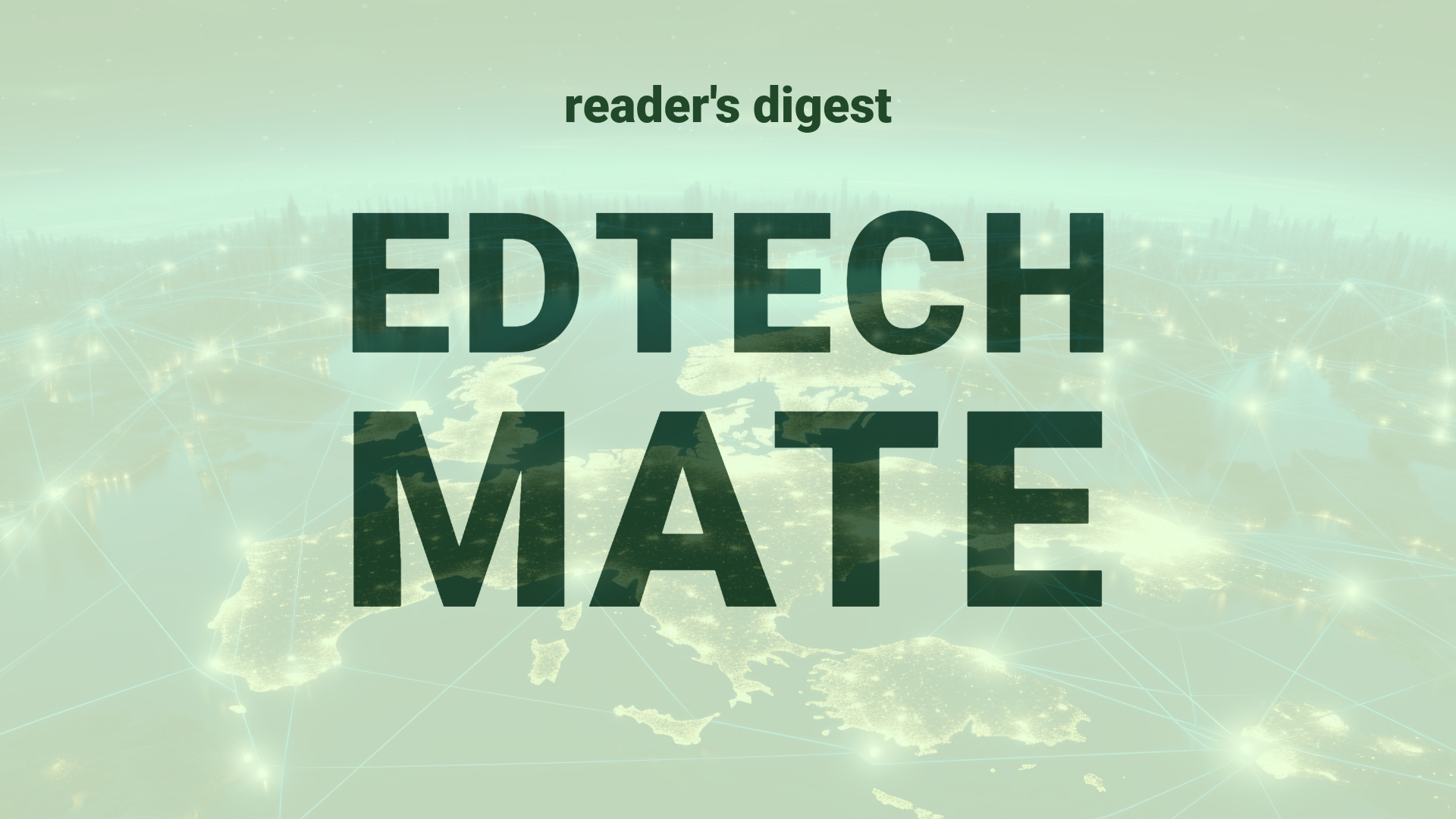Executive Summary and Main Points
In recent strategic discussions about organizational growth, there’s been an emphasis on the ability of Artificial Intelligence (AI) to enhance internal capabilities, particularly knowledge work. AI applications in the workplace, specifically generative AI (gen AI), are set to have a profound effect on the way tasks are conducted. It is inferred that gen AI can significantly elevate the speed and quality of work, leading to considerable internal growth. Corporations, teams, and individuals are encouraged to tap into the potential of gen AI through curiosity, experimentation, pilot programs, and gen AI champions, which could potentially result in a compounded productivity increase.
Potential Impact in the Education Sector
The integration of AI within Further Education and Higher Education could radically transform learning experiences, curriculum development, and administration. By accommodating various learning preferences and predicting learner needs, AI could offer more personalized learning pathways. In addition, Micro-credentials could be strategically bolstered through AI by providing tailored programs that are cognizant of market demands and skills gaps. Partnerships between education institutions and tech companies could promote the digitalization of campuses, leading to more data-driven decision-making and outreach to international students.
Potential Applicability in the Education Sector
Innovative applications of AI in global higher education systems could range from AI-based guidance for students in research projects to curriculum design informed by real-time global education trends. Moreover, administrative processes could be streamlined through AI, allowing for a greater focus on student engagement and learning outcomes. Adaptation and bespoke AI tools could be developed to support faculty in course content creation, with the added possibility of including multilingual support to cater to an international student body.
Criticism and Potential Shortfalls
The adoption of AI within education is not without criticism or potential pitfalls. As case studies on international platforms show, the rapid implementation of new technologies can lead to disparities and ethical dilemmas. There could be issues related to data privacy, intellectual property, and the homogenization of educational experiences. Cultural considerations must be taken into account to avoid a one-size-fits-all approach, including potential biases inherent in AI algorithms that could impact diverse student populations.
Actionable Recommendations
To harness the capabilities of AI, higher education leaders should pursue a strategic approach. Engaging institutional stakeholders in discussions about AI ethics and responsible use can preemptively address concerns. Investing in experimental pilot projects offers hands-on experience and insight into AI’s applicability. Emphasizing professional development, educators can be equipped to utilize AI effectively. Further, collaborations with AI entities can enhance research capabilities and readiness in the workforce. Evaluating the success of these endeavors should be iterative, drawing on sector-specific benchmarks for continuous improvement.
Source article: https://hbr.org/2024/07/how-ai-can-change-the-way-your-company-gets-work-done

